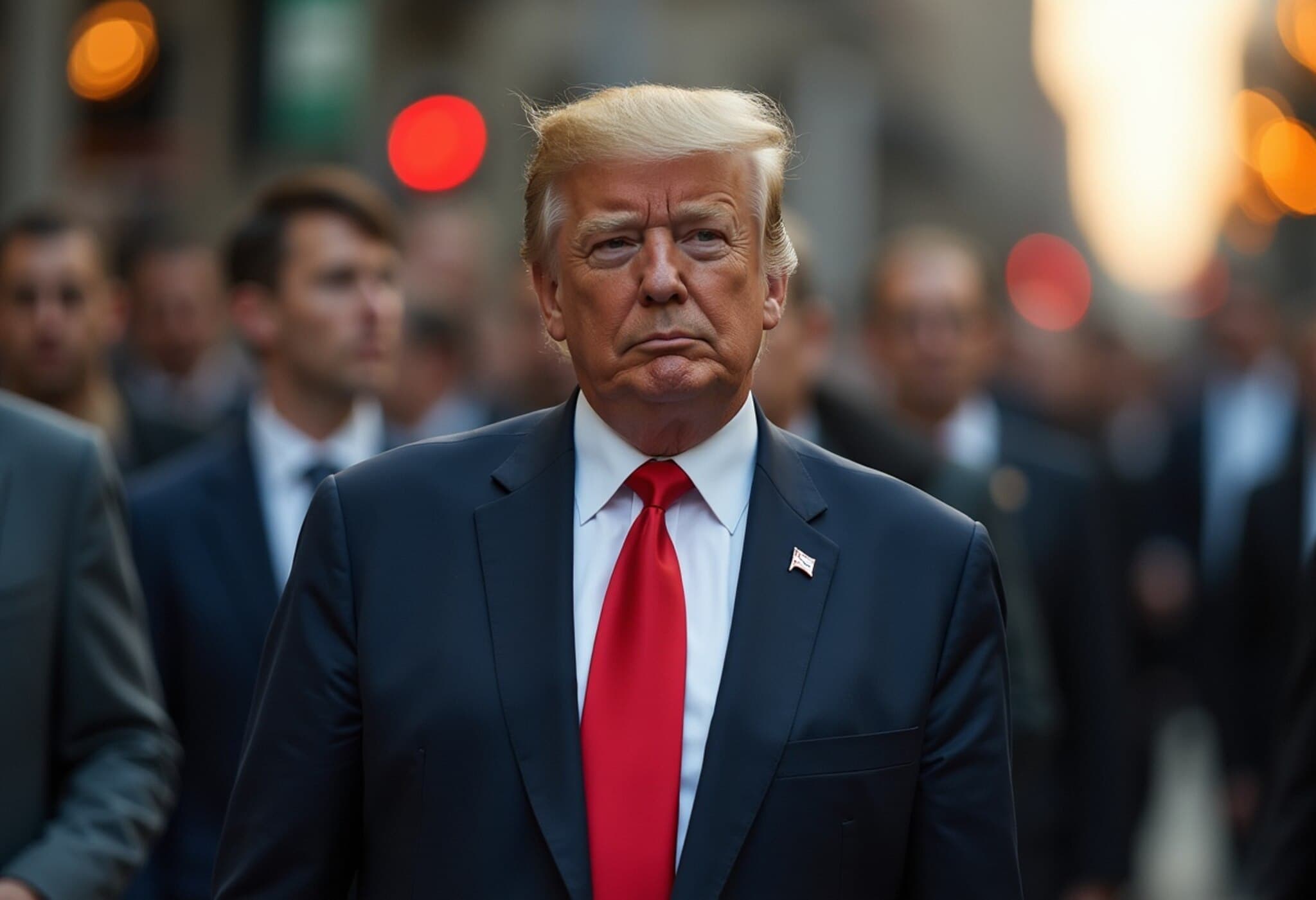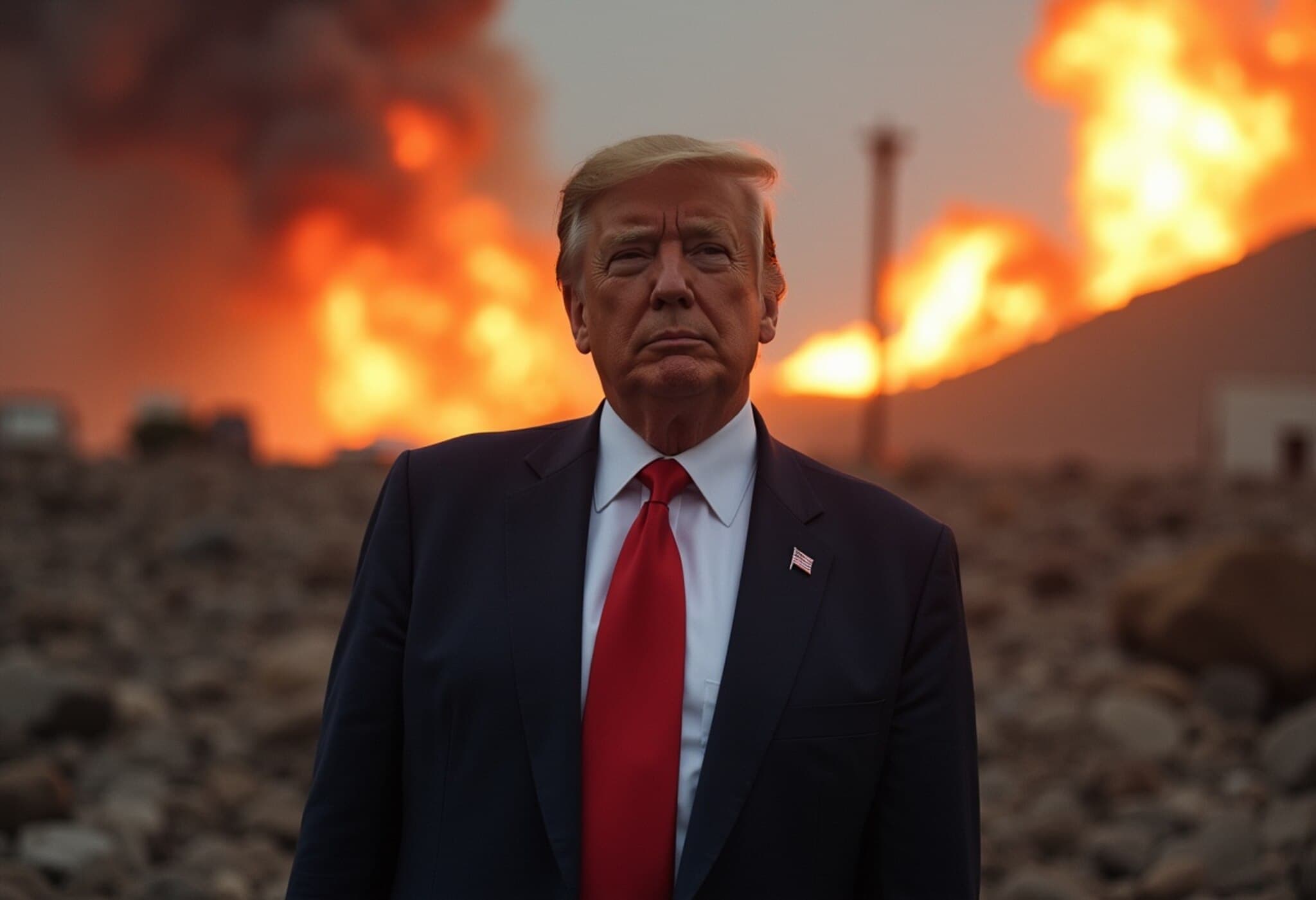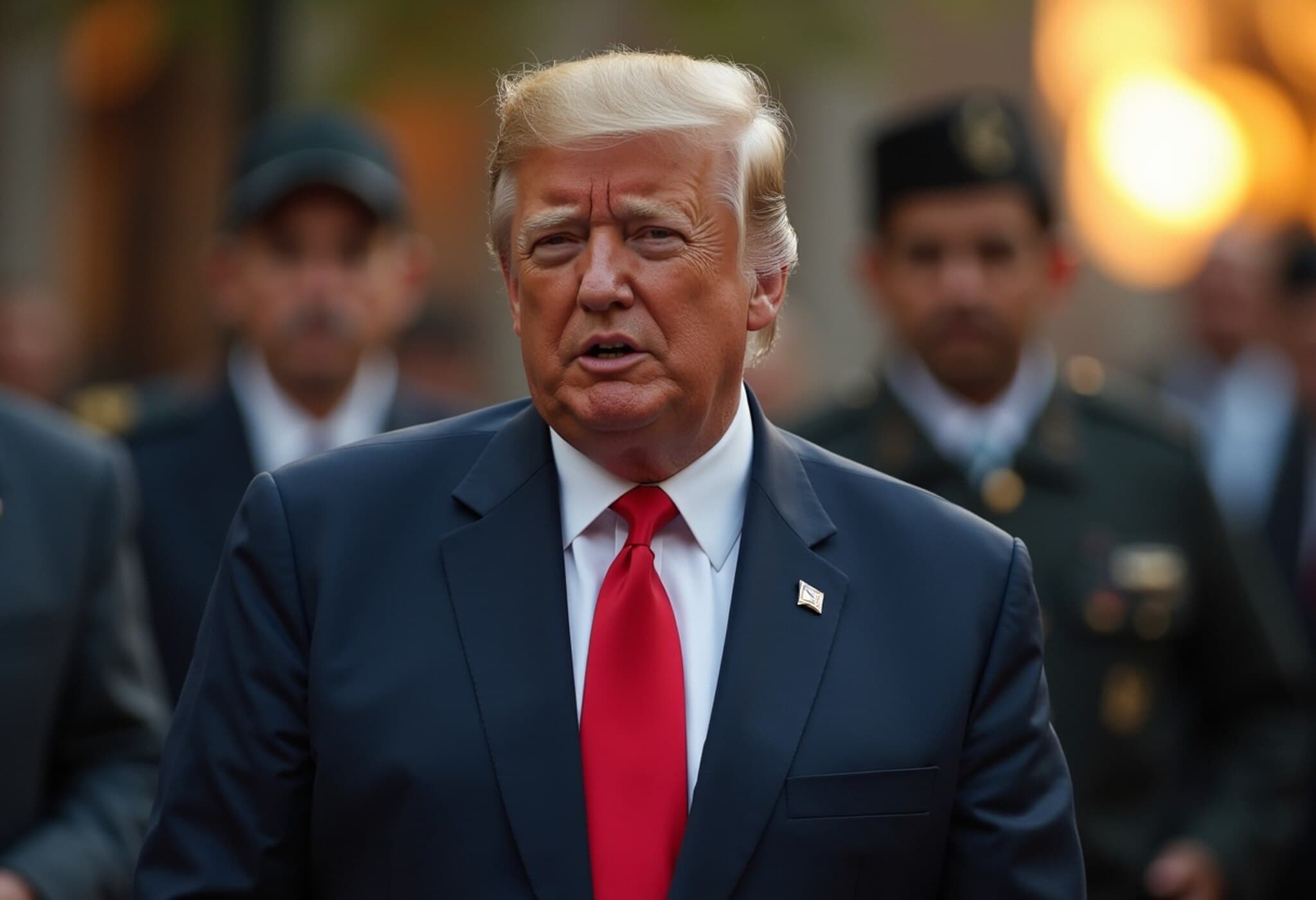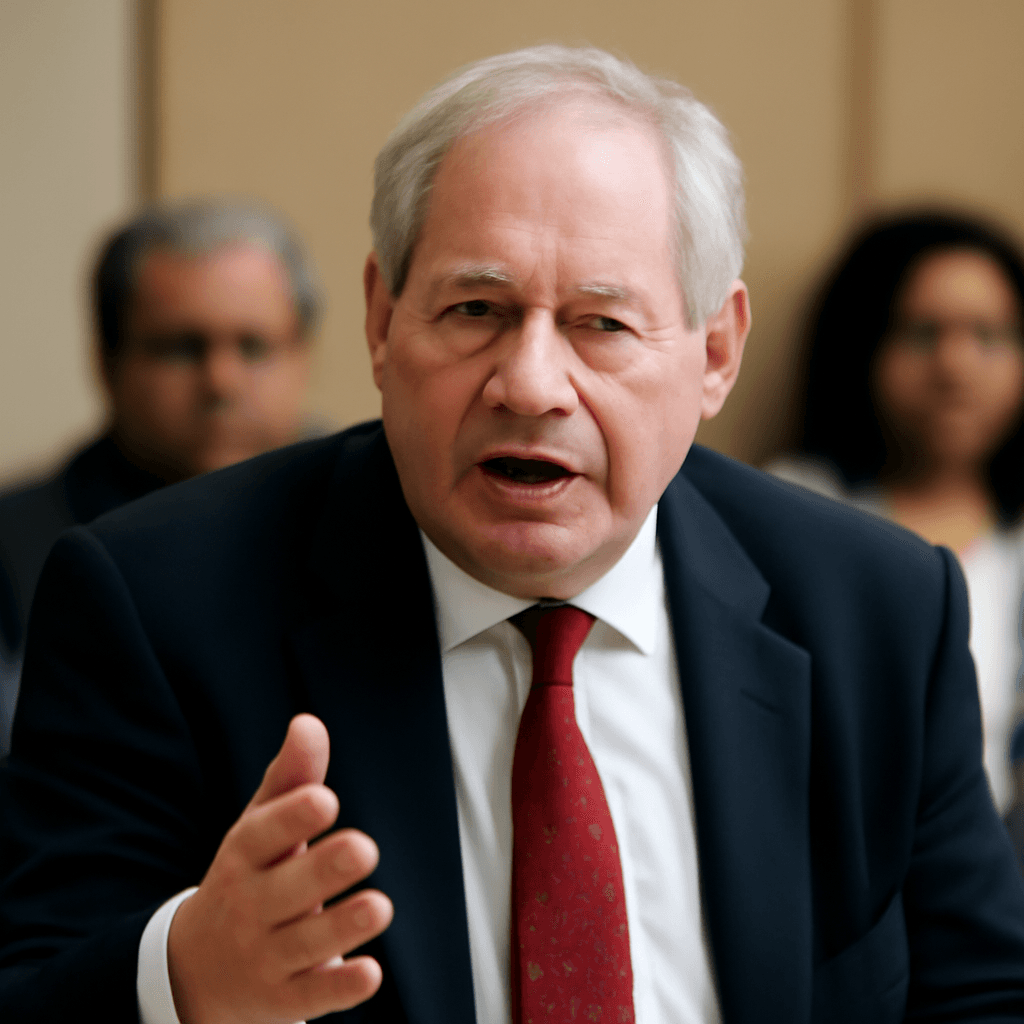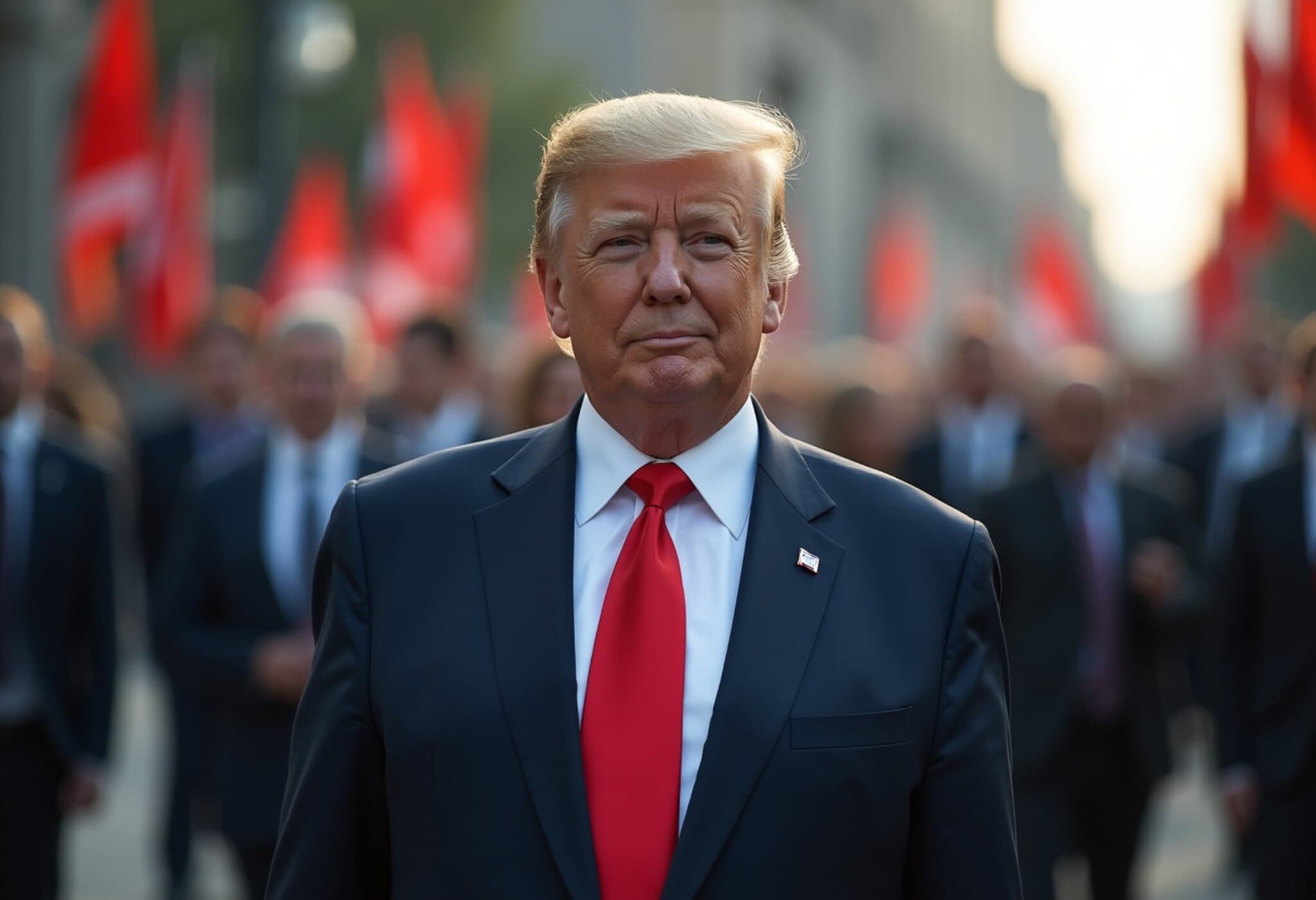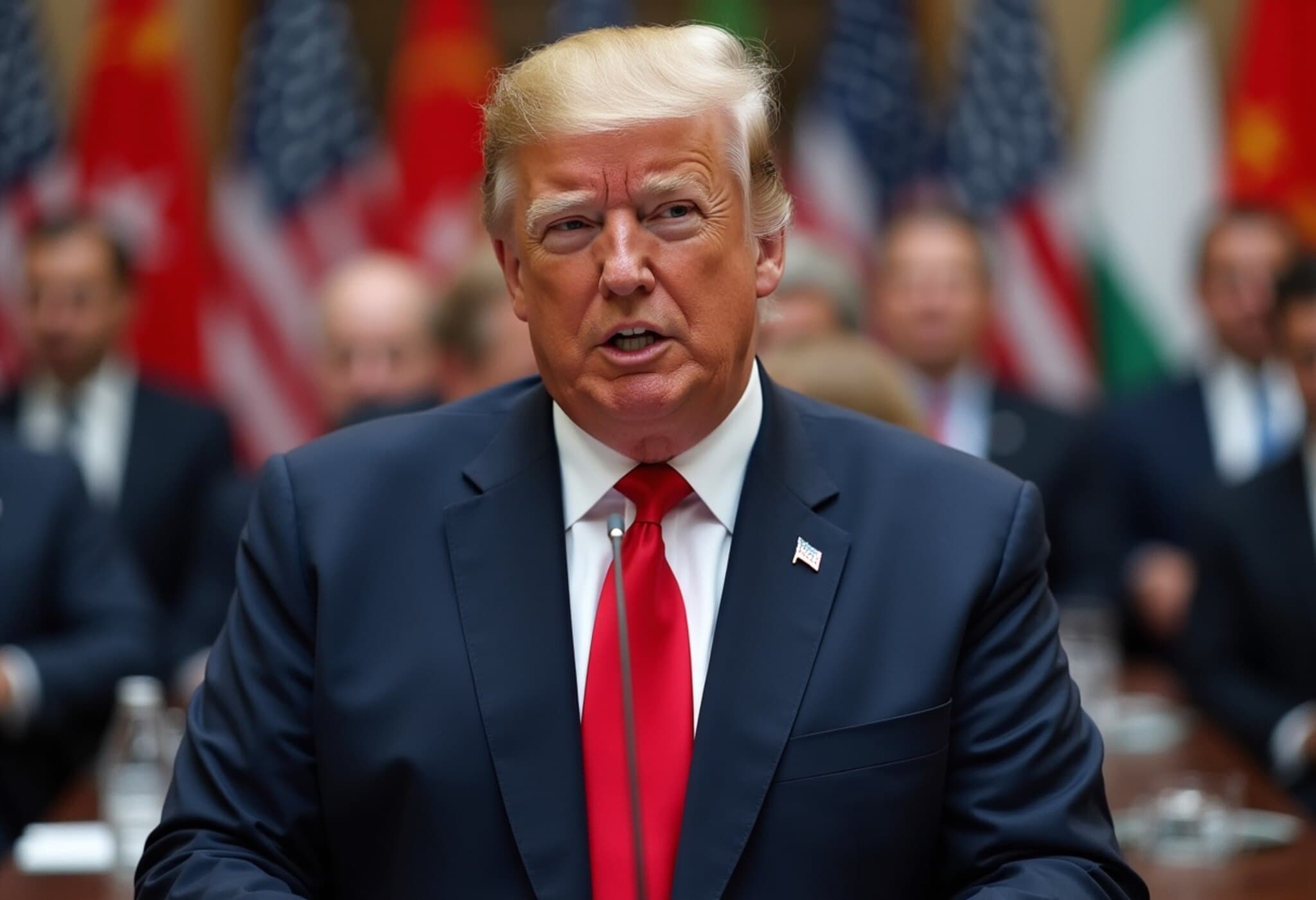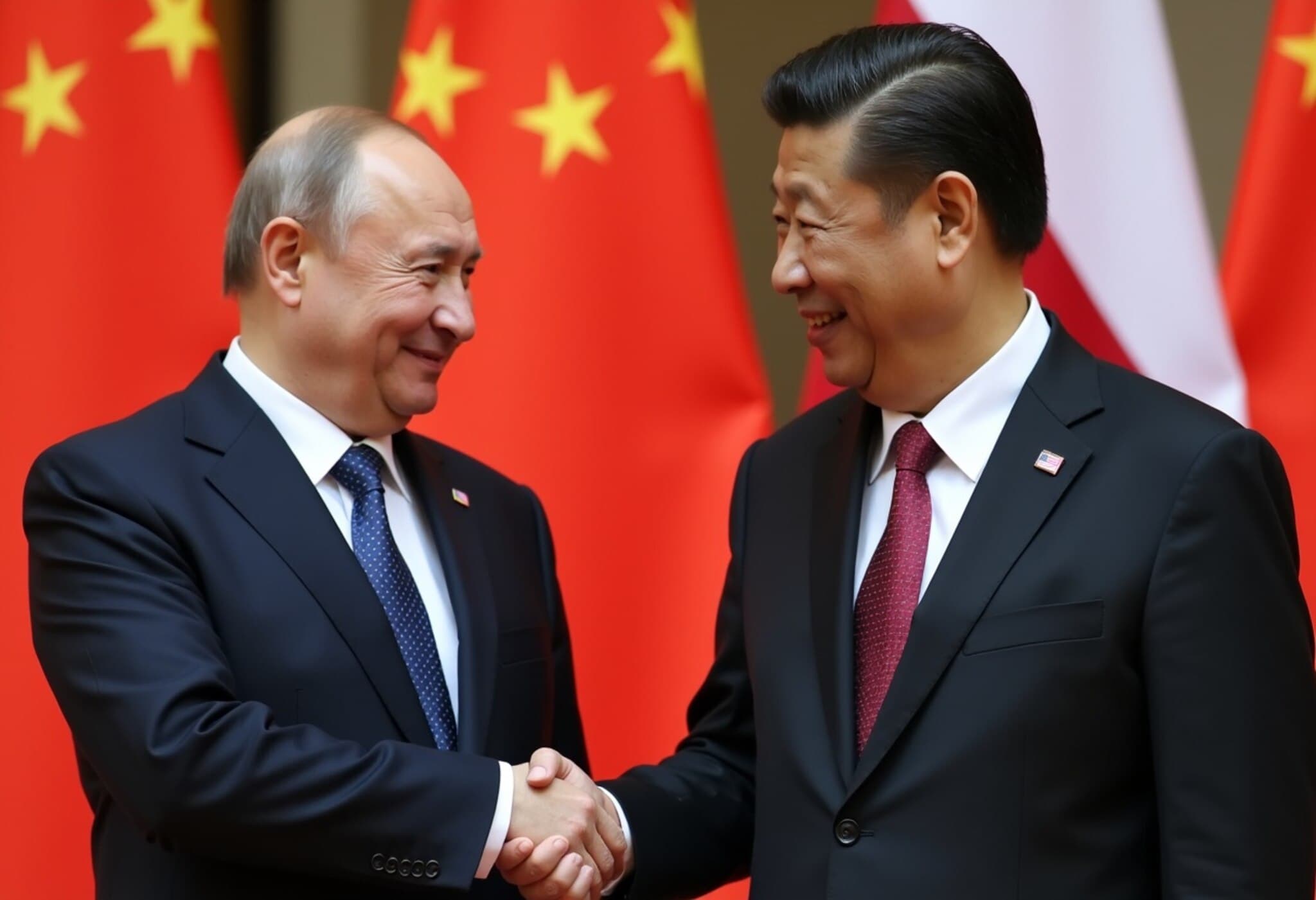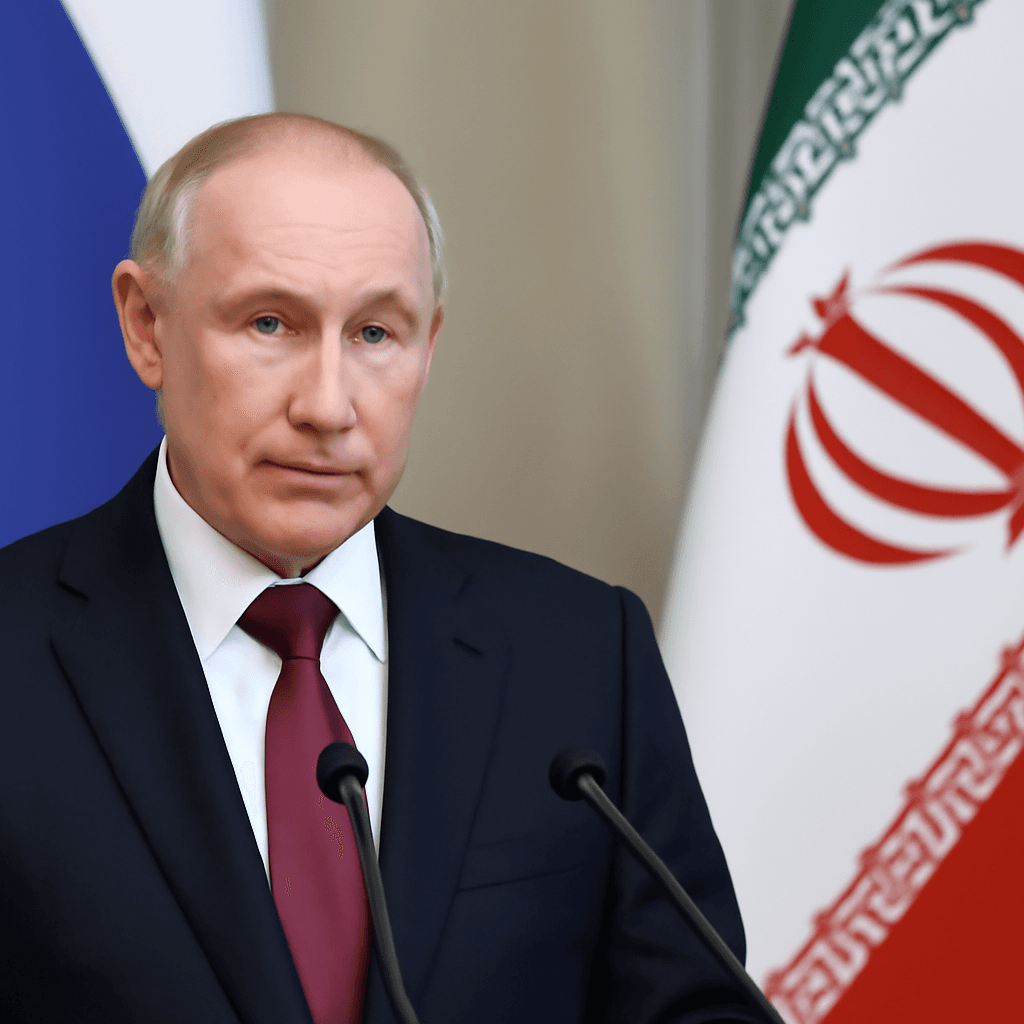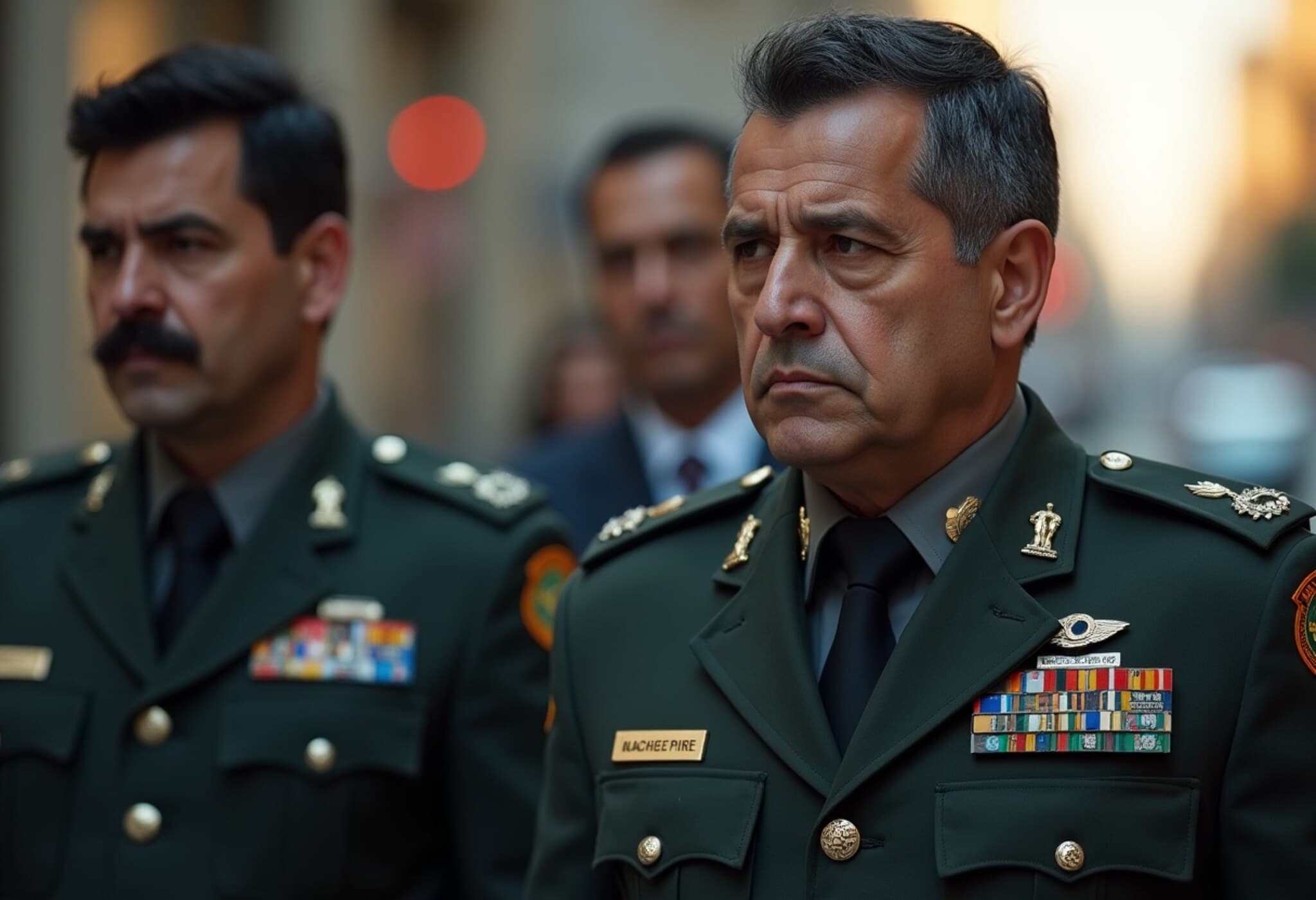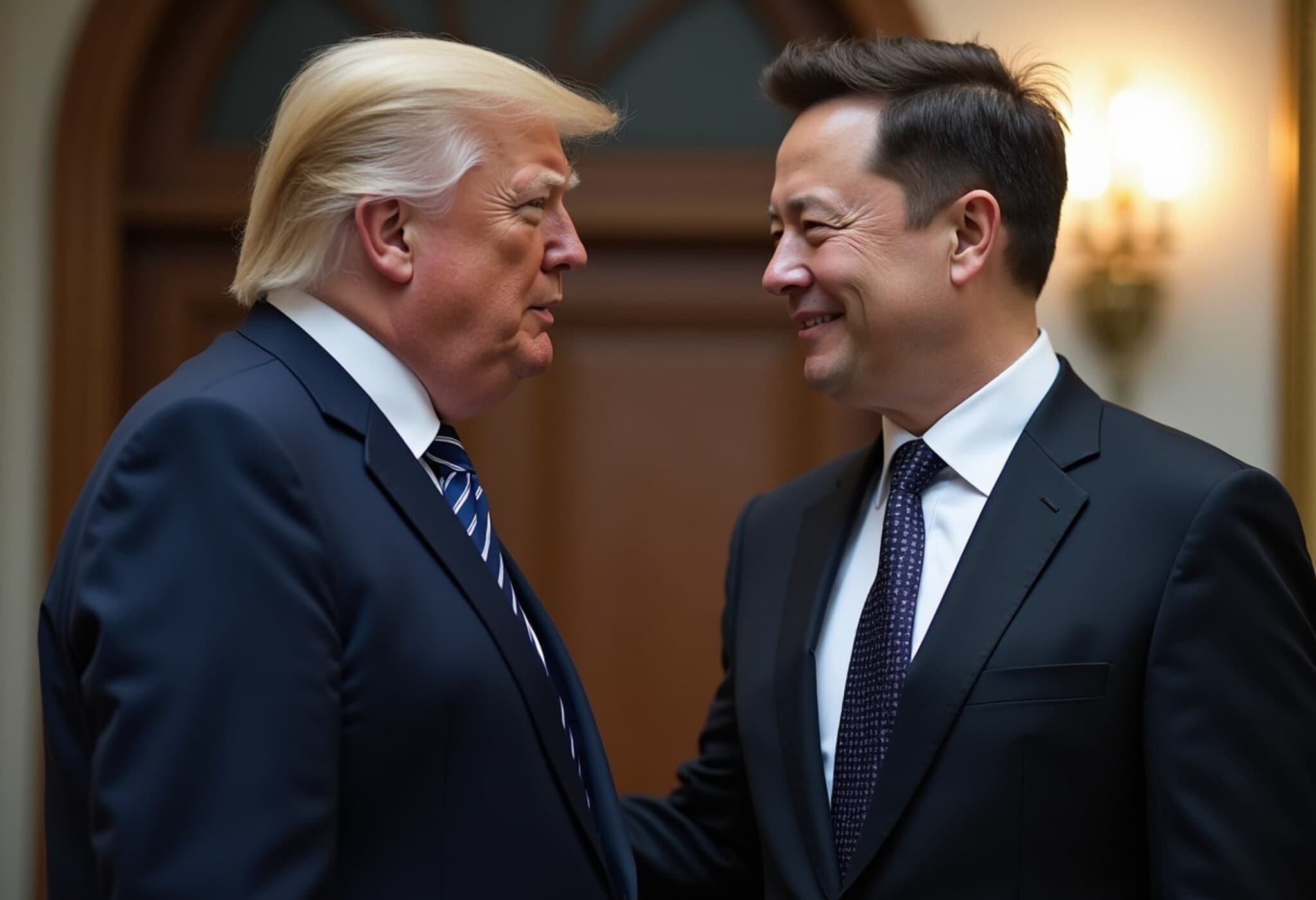US Intensifies Pressure on Mexico Over Political Ties to Drug Cartels
The current US administration has stepped up demands for Mexico to investigate and prosecute politicians allegedly connected to organized crime. Officials are urging Mexico to extradite implicated individuals if there are open charges in the United States, marking a significant escalation in the effort to combat narco-corruption.
High-Level Meetings Push for Action
During multiple bilateral meetings, US Secretary of State Marco Rubio and his team pressed Mexico's government led by President Claudia Sheinbaum to take swift and decisive action. Sources reveal these discussions included threats of additional tariffs if Mexico failed to act, applying economic pressure alongside diplomatic efforts.
Notably, some of the politicians reportedly under scrutiny come from Sheinbaum’s own Morena party, placing her administration in a politically sensitive position as it considers cracking down on narco-linked corruption within its ranks.
Historic Crackdown Comes with Risks
Targeting sitting elected officials would represent an unprecedented move in Mexico’s war against drug corruption. While the federal prosecutor’s office operates independently, going after high-profile politicians remains a politically fraught endeavor.
US officials first raised these concerns at a February 27 meeting in Washington, where Rubio met with Mexican Foreign Minister Juan Ramon de la Fuente. The session also involved the US Attorney General, Homeland Security, Justice, Treasury departments, and Mexico’s top law enforcement authorities.
Increased Deportations and Security Measures
Following US warnings of tariffs, Mexico recently extradited 29 cartel figures to the United States—one of the largest handovers in recent years. Further, discussions included accelerating efforts to detain and deport priority targets flagged by the DEA and FBI.
The US also proposed appointing a fentanyl czar to coordinate directly with Mexico on curbing synthetic opioid trafficking and has urged more stringent inspections of US-bound cargo and travelers at the border.
Focus on Morena Party Officials
Though Mexico’s constitution grants state governors and federal legislators significant immunity, the US keeps pressing for accountability. Reports suggest at least five current Morena officials and one former senator have been named in these allegations.
One notable example is Baja California Governor Marina del Pilar Avila, who disclosed that her and her husband's US tourist visas were revoked in May. She described the action as unjust and did not elaborate on the reasons. US officials have remained silent on this case.
The Political Sensitivity of Prosecuting Sitting Politicians
Arresting active politicians borders on a political red line in Mexico, where immunity laws protect lawmakers and governors from most prosecutions while in office. Historically, high-level arrests involving corruption or cartel links in the US have typically occurred only post-tenure.
Past incidents, like the 2020 arrest of former Mexican Defense Secretary Salvador Cienfuegos by US authorities, illustrate the delicate nature of such operations and their diplomatic fallout. Though charges against Cienfuegos were later dropped, the arrest led to a pause in anti-drug cooperation between the two nations.
Looking Ahead
The ongoing US push reflects deepening frustrations with cartel influence in Mexico and signals a willingness to leverage both diplomatic and economic tools to demand accountability. How Mexico’s administration navigates the political implications of investigating its own officials will be pivotal in shaping future bilateral relations and anti-narcotics efforts.

